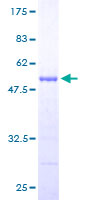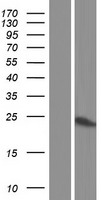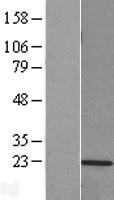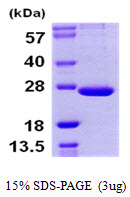order histories, retained contact details for faster checkout, review submissions, and special promotions.
Forgot password?
order histories, retained contact details for faster checkout, review submissions, and special promotions.
Locations
Orders Processing,
Shipping & Receiving,
Warehouse
2 Shaker Rd Suites
B001/B101
Shirley, MA 01464
Production Lab
Floor 6, Suite 620
20700 44th Avenue W
Lynnwood, WA 98036
Telephone Numbers
Tel: +1 (206) 374-1102
Fax: +1 (206) 577-4565
Contact Us
Additional Contact Details
order histories, retained contact details for faster checkout, review submissions, and special promotions.
Forgot password?
order histories, retained contact details for faster checkout, review submissions, and special promotions.
PSMB9
proteasome (prosome, macropain) subunit, beta type, 9
The proteasome is a multicatalytic proteinase complex with a highly ordered ring-shaped 20S core structure. The core structure is composed of 4 rings of 28 non-identical subunits; 2 rings are composed of 7 alpha subunits and 2 rings are composed of 7 beta subunits. Proteasomes are distributed throughout eukaryotic cells at a high concentration and cleave peptides in an ATP/ubiquitin-dependent process in a non-lysosomal pathway. An essential function of a modified proteasome, the immunoproteasome, is the processing of class I MHC peptides. This gene encodes a member of the proteasome B-type family, also known as the T1B family, that is a 20S core beta subunit. This gene is located in the class II region of the MHC (major histocompatibility complex). Expression of this gene is induced by gamma interferon and this gene product replaces catalytic subunit 1 (proteasome beta 6 subunit) in the immunoproteasome. Proteolytic processing is required to generate a mature subunit.
| Gene Name: | proteasome (prosome, macropain) subunit, beta type, 9 |
| Family/Subfamily: | Protease Non Catalytic , Threonine T1 |
| Synonyms: | PSMB9, Beta1i, Macropain chain 7, Proteasome-related gene 2, Proteasome beta 9, Proteasome subunit beta type-9, PSMB6i, Low molecular mass protein 2, Proteasome subunit beta 6i, Proteasome subunit beta-1i, LMP2, Proteasome chain 7, RING12 |
| Target Sequences: | NM_002800 NP_002791.1 P28065 |







If you do not find the reagent or information you require, please contact Customer.Support@LSBio.com to inquire about additional products in development.










